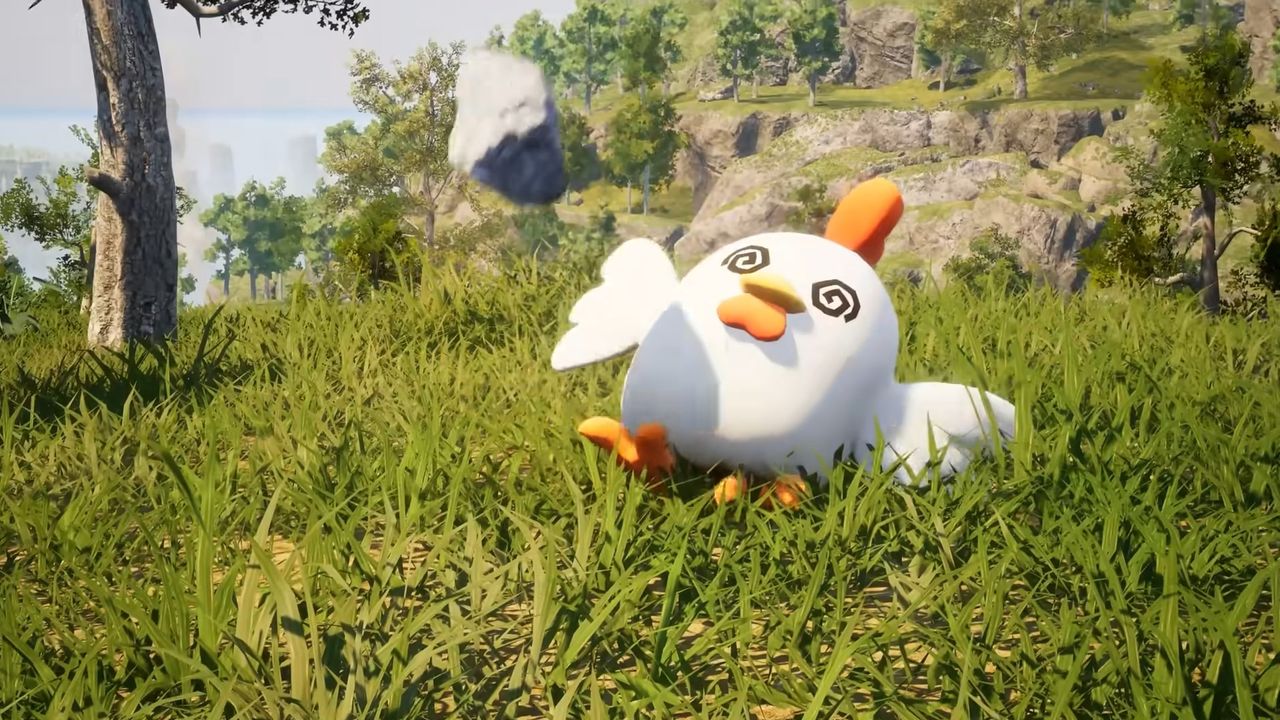
Nintendo has updated the wording of one of the patents central to its ongoing lawsuit against creature-collecting survival game Palworld and its developer Pocketpair, in a move IP expert Florian Mueller describes as both "weird" and a reasonable sign that the house of Mario is concerned about this element of its case.
Mueller, a games industry veteran and former Blizzard consultant known for the likes of the FOSS Patents blog, notes (for games fray) that "Litigants don't change a patent in the middle of an infringement case unless they feel the patent is at a fairly high risk of being deemed invalid in its original form."
That's exactly what Nintendo has done, and while "that doesn't mean they always lose" cases where patents are modified in this way, it does shake the certainty Nintendo projected when it filed the lawsuit last year.
Moreover, the amended claims are just plain "weird," in Mueller's informed opinion. Looking at the new verbiage, shared and machine translated by the Japan Patent Office, his read of the amendments is understandable. (The JPO notes "the translation may not reflect the original precisely.")
The patent in question, JP7528390, relates to the riding or mounting tech that Nintendo has, in so many words and files, compared to the Pal mounting in Palworld. There's particular emphasis on smoothly switching from riding one character (creature) to another – like, as Mueller says, jumping from a running horse to a flying dragon – and how this relates to the physics of the game world.
Brace yourself not just for patent speak, but for machine-translated patent speak. One segment from one of the corrections reads:
"...the computer causes the selected boarding character to board the player character so that the player character can move, and even when any boarding character other than the aerial boarding character capable of moving in the air is the currently selected boarding character and a first operation input is given when the player character is in the air, the computer causes the aerial boarding character to appear in the virtual space, and causes the player character to board the aerial boarding character instead of the currently selected boarding character from among the boarding characters..."
The labored specificity and complexity of the example, coupled with the "even when" wording in the second clause (of this snippet), gave Mueller pause. He described the wording as "extremely contorted, trying to complicate things for the purpose of putting up a huge smokescreen."
Also zeroing in on the use of "even," dubbed "too emphatic and subjective" for patent claims, he says the amended claim "is almost a Hail Mary: a desperate attempt to win by doing something odd. However, Presiding Judge Motoyuki Nakashima is very experienced in patent law. He can't be gaslighted by strange claim language."
These corrections were approved, but on the grounds that they do not "introduce any new technical matter."
"We respect Nintendo's true innovations, which are technical in nature and not game rule patents," Mueller concludes. "It's just hard to make sense of what Nintendo is doing in the Palworld context, and maybe Nintendo itself is slowly but surely getting to the point where it can't make sense of it anymore."
A lawsuit from Nintendo hasn't stopped Palworld from putting out enormous updates like a recent Terraria collab, or stopped those updates from pushing it right back into Steam's most-played games.







